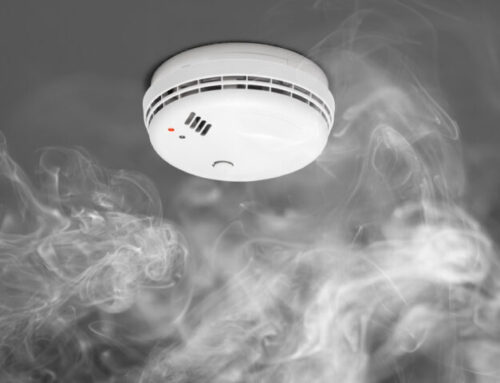
Indoor air quality is an essential component of your home, your workplace, and the healthcare facilities you go to. Aside from a healthy diet and lifestyle, most people tend to overlook that maintaining a good indoor environment is also vital to our well-being. It’s the air you breathe! These are the things you need to consider to improve your air quality and to lessen the burden on your already overloaded and overstressed immune system.
What is Indoor Air Quality?
As we spend 90% of our time indoors, it is necessary to have good air quality to protect our health. Ideal air quality has low levels of contaminants such as odours, mold, particulates, gases, and chemicals. Optimal air quality starts with a healthy home that is water-tight, well-designed, constructed, and maintained. Proper ventilation and airflow are also important to control and alleviate airborne pollutants and to maintain a comfortable temperature and relative humidity. The most common issues experienced with poor air quality are upper respiratory distress, allergic reactions, coughing, irritated eyes and skin, headaches, and dizziness. By ensuring that your air quality is at the highest standards, you will achieve increased productivity, comfort, sense of overall health and well-being.
Who Is Susceptible To Poor Indoor Air Quality?
Did you know that 1 out of 5 Canadians has some form of lung diseases such as asthma, emphysema, chronic bronchitis, or lung cancer? Constant exposure to indoor pollution worsens pre-existing conditions and is detrimental to the immune system. The stakes are even higher for those who suffer from a compromised or underdeveloped immune system – the immune system is weak, or is unable to fight off infectious diseases. Those at risk would include seniors, children, pregnant women, or people suffering from chronic or debilitating illnesses. Younger children are most susceptible to pollutants as they have underdeveloped immune systems and breathe in more air than their body weight compared to adults.
Canada experiences prolonged winter and cold weather which equates to more time spent indoors and greater susceptibility to respiratory illnesses. Since this is part of the Canadian lifestyle, indoor air quality is of utmost importance as it can directly affect our family and friends.
Ways To Improve Air Quality Around Immune-Compromised People
Thankfully, there are ways to improve indoor air quality. Having an air quality home inspection is crucial to those purchasing a home and for those that believe their air quality needs to be enhanced. A trained, knowledgeable and qualified professional can identify air pollutants that can often be undetectable. There are certain lifestyle changes that you can incorporate into your daily life, such as regular vacuuming and mopping in the morning before human activities start, this will allow you to have better control of airborne particles. Replacing all pillowcases, washing beddings, and opening windows regularly is another efficient aid to dilute indoor air. All ventilation equipment should be maintained, and filters should be replaced at exhaust and intake areas. By avoiding clutter and overboarding storage areas, dust accumulation and high levels of airborne particles can be prevented.
Call us before renovating, demolishing, or embarking on a home improvement project to ensure occupant/worker safety and industry compliance. At Indoor Air Quality Ottawa, we have the expertise to investigate, test, detect and recommend professional air quality solutions specifically suited and customized for your indoor environment. We can also provide environmentally friendly, low VOC, and mold-resistant options to standard construction materials. Give us a call today and let’s improve the air you breathe!






